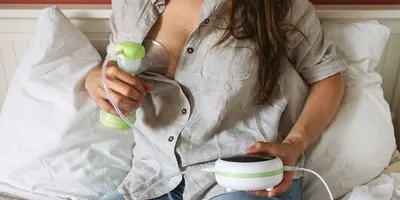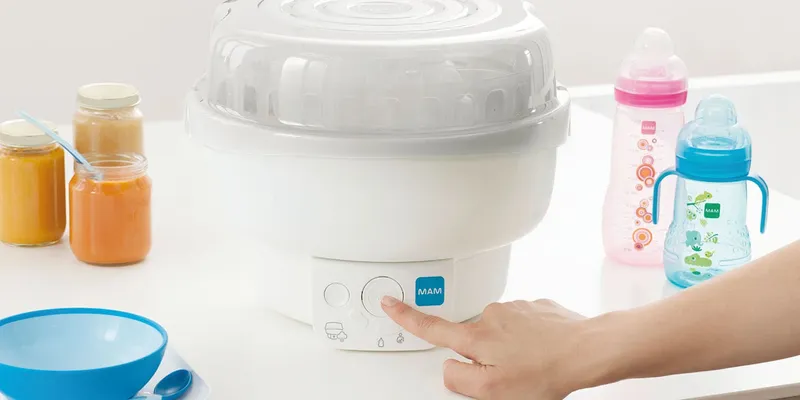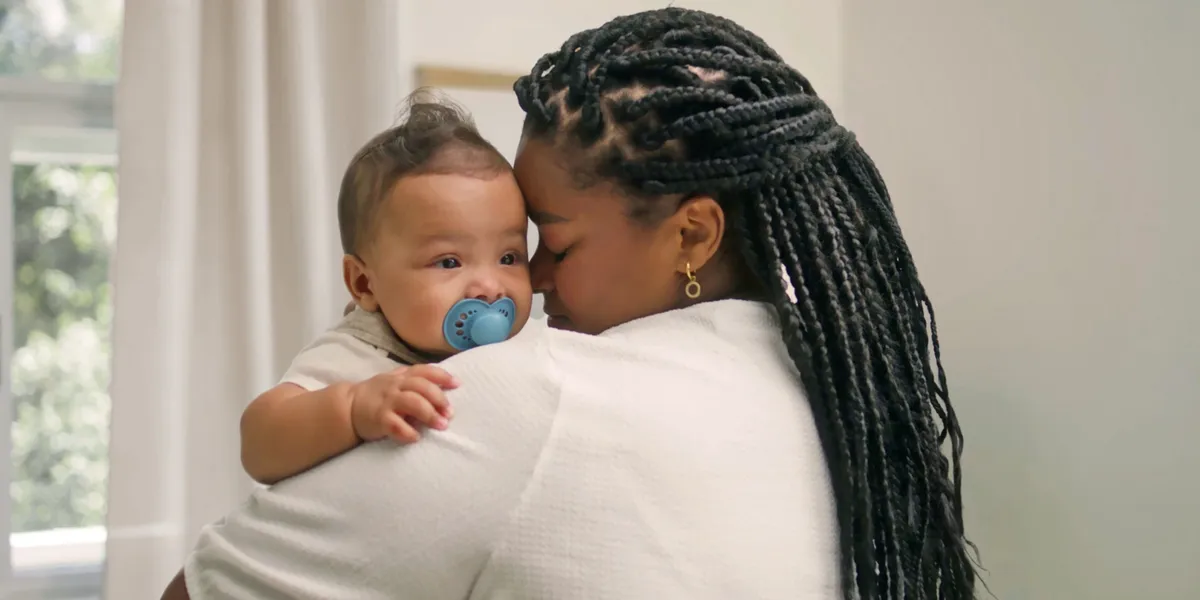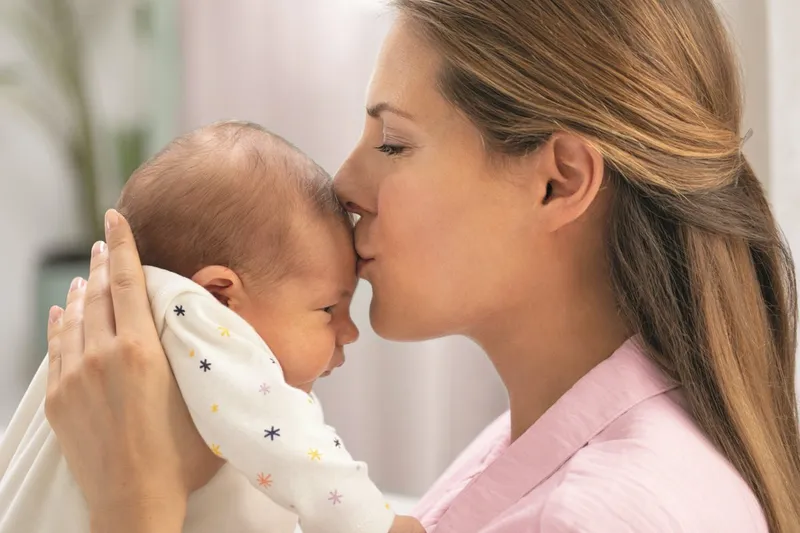Protecting ourselves against viruses and hygiene measures to counteract the spread of disease have become a subject of major concern since the appearance of COVID-19. Face masks, protective clothing and sanitisers are in short supply around the world. Luckily, there is something we can do that is very easy, but which is hugely effective against coronavirus: wash our hands! There are also some interesting studies* in connection with children's health that provide evidence of this.
Soap & water to protect against infections
In many developing countries, poor hygiene results in diarrhoea, pneumonia and skin infections. Even without coronavirus, around 3.5 million children die in these countries every year. The effect that hand-washing with soap has on children's health has been documented in a study with some impressive figures, which are also interesting for developed countries in these times of coronavirus.
50% reduction in pneumonia*
By training people to wash their hands with soap and water, it has been possible to reduce* pneumonia in children under the age of 5 by 50%, and diarrhoea in children under the age of 15 by 53%*. And when hand-washing has been combined with bathing, skin infections also reduced by more than 30%*. This is particularly the case in developing countries: even where the water is dirty, there has been a significant improvement in children's health as a result of using soap. Diseases have also been contained, even if it is only the adults who have been washing their hands thoroughly - but of course, the result was even better when children stuck to the new hygiene procedures too.
Less frequent sickness amongst children in daycare centres and nurseries
However, remarkable successes have also been recorded in industrialised nations. Studies in childcare facilities in Canada, America and Australia** showed that respiratory diseases and flu-like infections fell by as much as 32%** as a result of people washing their hands thoroughly.
If alcohol-based sanitisers are also used in public institutions, the result can be improved even further***:
- Fewer respiratory diseases in families with children in daycare centres and nurseries
- Fewer cases of diarrhoea and colds in daycare centres and nurseries
- Fewer absences for schoolchildren
- A reduction in the mortality rate in hospitals
What's more, the guidelines were simple. People were told they should wash their hands after going to the toilet, after changing babies' nappies, before preparing, cooking and eating food, and before feeding their children. In a study in the U.S. Navy, the guidelines simply stated to wash your hands thoroughly with soap and water 5 times a day. As a result, treatments for respiratory diseases fell by 45%****.
The good news is that no one therefore needs to panic in the absence of hand sanitisers and disposable gloves. It is also wise not to touch your face with your hands while out shopping, for example, and then to wash your hands with soap and water for at least 20 seconds as soon as you get home.
Because children (and perhaps some adults) don't know how long 20 seconds is, our tip is to sing 'Happy Birthday' - twice! Whether you sing it out loud or just to yourself is up to you.
Sources:
*https://www.thelancet.com/journals/lancet/article/PIIS0140-6736%2805%2966912-7/fulltext
Effect of handwashing on child health: a randomised controlled trial, Stephen P Luby, Mubina Agboatwalla, Daniel R Feikin, John Painter, Ward Billhimer MS, Arshad Altaf, Robert M Hoekstra
**Carabin H, Gyorkos TW, Soto JC, Joseph L, Payment P, Collet JP.
Effectiveness of a training program in reducing infections in toddlers attending day care centers. Epidemiology 1999; 10: 219–27.
Roberts L, Smith W, Jorm L, Patel M, Douglas RM, McGilchrist C.
Effect of infection control measures on the frequency of upper respiratory infection in child care: a randomized, controlled trial. Pediatrics 2000; 105: 738–42.
Niffenegger JP. Proper handwashing promotes wellness in child care. J Pediatr Health Care 1997; 11: 26–31.
***Lee GM, Salomon JA, Friedman JF, et al. Illness transmission in the home: a possible role for alcohol-based hand gels. Pediatrics 2005; 115: 852–860.
****Ryan MA, Christian RS, Wohlrabe J. Handwashing and respiratory illness among young adults in military training. Am J Prev Med 2001; 21: 79–83.
https://www.unicef.de/informieren/aktuelles/blog/coronavirus-richtig-haendewaschen-einfacher-schutz/212860

























